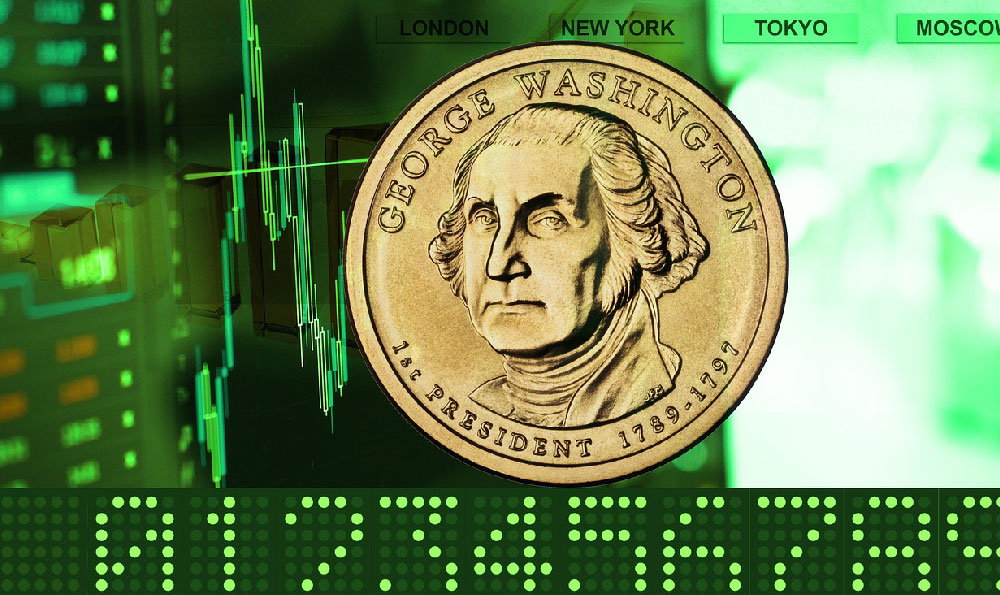Okay, I understand. Here's an article based on the prompt, focusing on the box office performance of the Deadpool movies, and avoiding the specific stylistic elements you requested.
Merc with a Mouth, Gold in the Bank: Examining Deadpool's Box Office Domination
The Deadpool franchise, spearheaded by Ryan Reynolds' irreverent portrayal of the titular anti-hero, stands as a remarkable success story in the superhero cinema landscape. It proved that a raunchy, self-aware, and decidedly R-rated comic book adaptation could not only find an audience but also become a genuine blockbuster. To truly understand the film's impact, it's crucial to dissect its financial performance, specifically its box office revenue.
The first Deadpool film, released in 2016, shattered expectations. 20th Century Fox, then under different ownership, initially approached the project with caution, allocating a relatively modest production budget of around $58 million. This hesitation stemmed from the film's risky premise: a hard-R superhero movie in a genre typically geared towards broader, family-friendly appeal. However, the gamble paid off handsomely.

Deadpool grossed over $783 million worldwide. In North America alone, it earned over $363 million. This performance was phenomenal for several reasons. Firstly, it significantly outperformed projections, exceeding even the most optimistic estimates. Secondly, it broke records for R-rated films, demonstrating the untapped potential of a mature superhero narrative. Thirdly, and perhaps most importantly, it proved that a superhero film didn't need a massive budget or extensive special effects to resonate with audiences. The film's success was largely attributed to its sharp writing, Reynolds' pitch-perfect performance, and a marketing campaign that embraced the character's unconventional nature. Word-of-mouth was exceptionally strong, fueled by positive reviews and audience excitement over the film's unique tone. The film offered something different – a refreshing break from the increasingly homogenized superhero fare.
The financial success of the first Deadpool film all but guaranteed a sequel. Deadpool 2, released in 2018, was met with even greater anticipation. The budget was increased substantially, reflecting the confidence Fox had in the franchise. The addition of characters like Cable (played by Josh Brolin) and Domino (Zazie Beetz) expanded the narrative scope, introducing fresh dynamics and action sequences.
Deadpool 2 surpassed the original in some key areas. It grossed over $785 million worldwide, marginally exceeding the first film's total. The domestic gross was also impressive, coming in at over $324 million. While the sequel didn’t drastically outperform the original in terms of absolute numbers, it's important to consider the context. Superhero fatigue was beginning to creep into the market, and maintaining the original's level of success was a significant achievement in itself. Furthermore, Deadpool 2 faced stiffer competition from other blockbuster releases, further solidifying its impressive performance.
Beyond the raw numbers, the Deadpool franchise's financial impact extends beyond the box office. The films generated substantial revenue from home video sales, streaming rights, and merchandise. The Deadpool character has become a cultural phenomenon, with his image and likeness appearing on everything from t-shirts to lunchboxes. The franchise has also had a ripple effect on the superhero genre as a whole, paving the way for other R-rated comic book adaptations, such as Logan and Joker.
The acquisition of 20th Century Fox by Disney placed the Deadpool franchise in a unique position. Disney, known for its family-friendly brand, now owned a decidedly adult-oriented superhero property. The future of Deadpool under Disney has been a topic of much speculation. While initial concerns arose about whether Disney would tone down the character's signature humor and violence, assurances have been made that Deadpool will retain its R-rating within the Marvel Cinematic Universe. Deadpool 3 is currently in development and is expected to continue the franchise's success.
In conclusion, the Deadpool films have achieved remarkable financial success due to a confluence of factors: a fresh and irreverent take on the superhero genre, a charismatic lead performance, clever marketing, and strong word-of-mouth. The box office revenue generated by these films is a testament to the enduring appeal of the character and the willingness of audiences to embrace unconventional superhero narratives. The Deadpool franchise has not only filled 20th Century Fox (and now Disney's) coffers, but also reshaped the landscape of superhero cinema, proving that there's room for mature and edgy content within the genre. The film's success is proof that taking risks can lead to substantial financial rewards, and that audiences are hungry for something different in a world saturated with superhero content. The financial achievements of the Deadpool franchise serve as a blueprint for future superhero films, demonstrating the power of originality, strong character development, and a willingness to break the mold.










